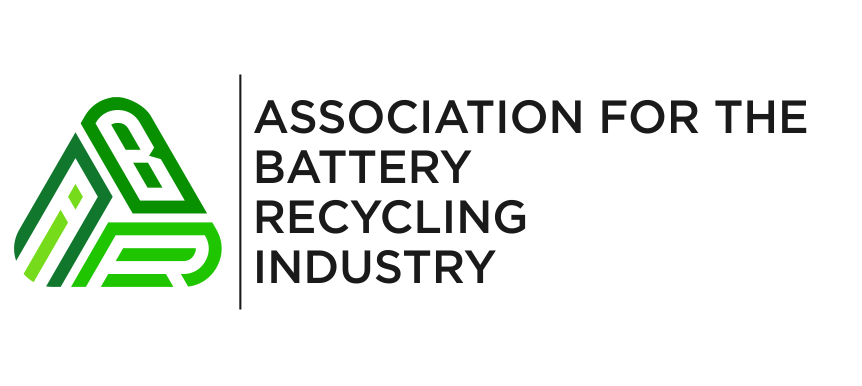“A future made in Australia” - prioritise a battery circular economy
12 April 2024 – Association for the Battery Recycling Industry (ABRI) has welcomed the Prime Minister Anthony Albanese’s announcement that key sectors including the battery industry will gain federal aid in a package he indicated would be included in this year’s budget.
ABRI President Nicholas Assef said it was critical that this package prioritises a battery circular economy strategy -
especially recycling.
“Australian lithium battery recycling start-ups are competing in a high-pressure global race to recover the critical minerals from EV and energy storage batteries,” Mr Assef said.
“Our mining sector and rapidly developing hydrometallurgical know how in combination will provide a strong foundation for novel sustainable critical mineral recovery technology development, patent registration and follow on investment in recycling plants.
“Importantly the development of this technology delivers the twin benefits of an Australian sovereign capability to recapture valuable critical minerals – in particular cobalt – whilst at the same time giving rise to a potential new technology export market.”
Mr Assef said the battery recycling sector had enormous potential to grow with support from the Federal Government, but that support needs to be delivered in the short term as the global playing field is moving quickly.
“This announcement to develop local industry and support critical minerals is welcomed by our members who are ready to scale up and create jobs, but in many cases are struggling to compete internationally for investment due to generous & strategically targeted overseas government support,” Mr Assef said.
Mr Albanese will put a new law to federal parliament to deliver the assistance in a package that promises a “future made in Australia” by offering big investors greater incentives for local manufacturing.
Mr Albanese pointed to massive subsidies and tax breaks in the United States, the European Union, Japan, Canada and South Korea to argue that Australia has to offer its own incentives or risk losing industries.
“All these countries are investing in their industrial base, their manufacturing capability and their economic sovereignty,” he said.
Mr Assef said a number of ABRI members were leading the way in developing cutting edge technology to recover materials from batteries in Australia and export technology overseas. Other areas being investigated include supply chain carbon footprint calculation and innovations in the actual recycling hardware.
“Additional prioritised investment in this area delivers the opportunity of technology leadership – but the window for that investment is now. Australia is a long way behind, but the opportunity to catch up remains real at present.
“ABRI members are being approached by government and overseas investors keen to draw on Australia’s metallurgical expertise.
“Lithium battery recycling is a must have to manage the battery circular economy with electrification - it's not picking a winner. Australia will need to process its battery waste locally both due to international protocols and the prohibitive costs of exporting waste for processing.”
There are significant opportunities for local businesses and SMEs, with ABRI's 60 members:
building capacity for battery health assessments and reusing/refurbishing EV batteries
using EV batteries to manufacture energy storage systems
establishing reverse logistics businesses to ship batteries to recyclers
designing, patenting and manufacturing containers to transport batteries safely
developing technology to safely capture electricity from EV batteries at end of life
in conjunction with Australia universities, designing and building sustainable hydrometallurgical technology to recover critical minerals from black mass
seeking opportunities to export the proprietary hydrometallurgical technology they are developing
creating tracing systems to track batteries and cell packs, monitor ESG targets including net zero KPIs, and demonstrate delivery of circular economy goals
providing fire safety, dangerous goods and risk management consulting expertise.
Mr Assef said ABRI looked forward to seeing details of the package in the Budget.
